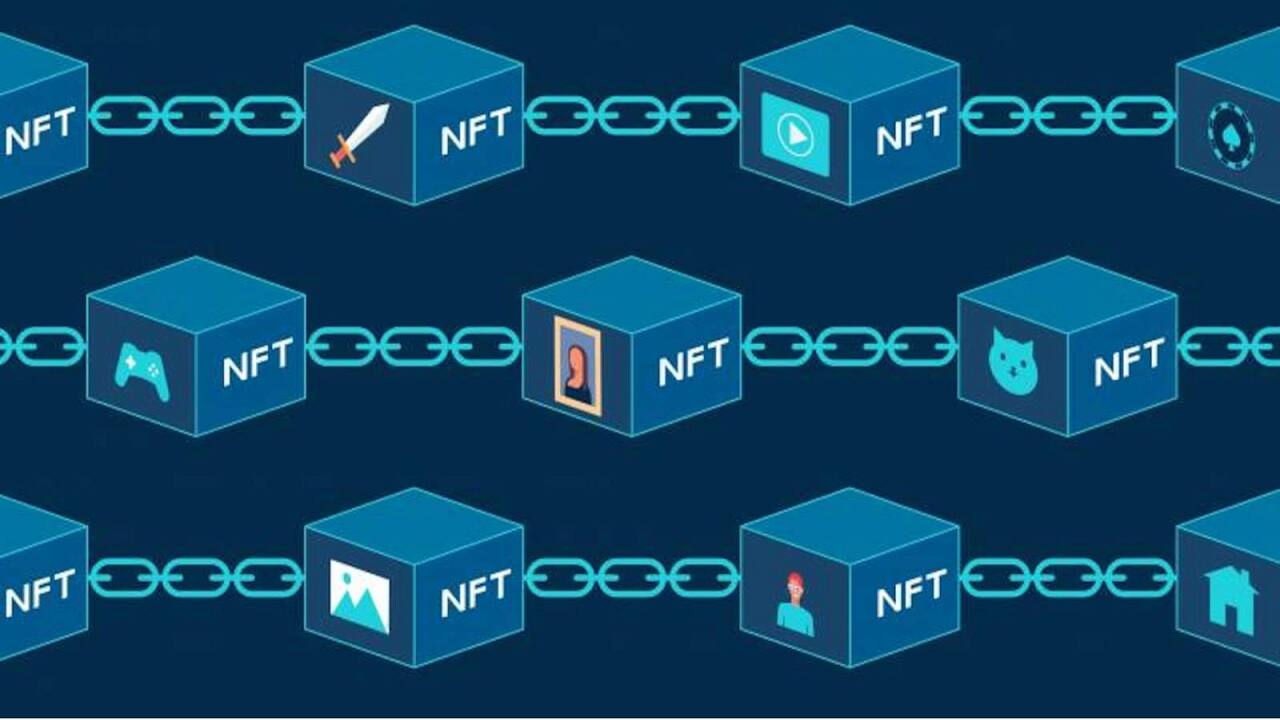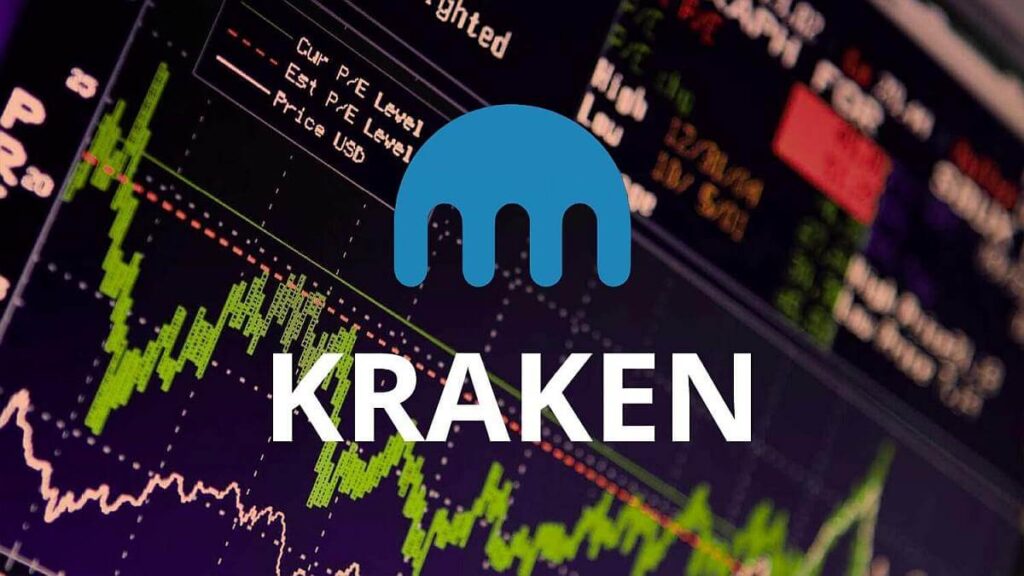Kraken Shuts Down NFT, a large cryptocurrency exchange, unexpectedly closed its NFT marketplace. This decision reflects the digital collectibles industry’s changing problems and a broader NFT sector evaluation. Kraken’s relocation has affected the Crypto and NFT communities, sparking discussions about NFT platforms’ sustainability and future.
Kraken’s NFT Marketplace
In mid-2022, Kraken launched its NFT marketplace amid rising interest in non-fungible tokens. The site integrates gas-free transactions for listed collections with support for Ethereum and Solana to make buying, selling, and trading NFTs easy.

The marketplace focused on user-friendliness, security, and connection with Kraken’s crypto ecosystem to attract NFT veterans and newbies. However, the platform’s brief existence shows that even established firms struggle in the uncertain NFT ecosystem.
Reasons for Closure
Kraken closed its NFT platform due to changing market dynamics, decreased trading volumes, and the necessity to prioritize core business activities. The announcement highlights the challenge of maintaining NFT marketplaces as digital collectibles lose popularity from 2021-2022.
Falling NFT Market Activity
After reaching billion-dollar trading volumes, the NFT market has plummeted. Many NFT collections have lost their initial buzz as industry statistics reveal a dramatic fall in active traders and transaction values. This contraction has intensified market rivalry, requiring platforms to adjust or leave.
Realignment Strategy
The decision is part of Kraken’s strategy realignment to focus on cryptocurrency trading, staking, and institutional services. Kraken’s management is eager to streamline operations and allocate money to areas with more growth potential and less uncertainty as Crypto regulation intensifies.
Community Response
The announcement received mixed reviews from Crypto enthusiasts. Kraken’s NFT withdrawal may be sensible, considering the market’s position. Others see it as a symptom of NFT sector issues threatening its long-term survival. “While it’s disappointing to see Kraken’s NFT marketplace close.
It’s a reminder that the NFT market needs more innovation and value creation to sustain interest,” said a researcher. Many Kraken customers who embraced its marketplace for its low costs and trustworthy reputation were disappointed but realized the limitations of competing in the crowded NFT ecosystem.
NFT Market Implications
Kraken’s NFT marketplace closure reflects an industry trend. Closure emphasizes several significant issues: Several NFT platforms built during the market’s height have failed to retain user engagement and trade volumes as speculative interest has declined. Market hype-based systems may not last.
Regulators are increasingly concerned about securities classification, copyright, and fraud in the NFT arena. Kraken’s exit may indicate a wish to avoid NFT legal issues. Market Maturation: The NFT market shifts from speculation to utility and practical applications. Not adapting to this transformation risks platforms becoming obsolete.
Next for Kraken
Kraken remains a major cryptocurrency exchange, and its absence from NFT does not decrease its significance in the industry. The exchange pledged to provide top-notch bitcoin trading, staking, and custody services. “This decision allows us to focus on areas where we can make the most impact for our users,” Kraken’s leadership announced. The exchange’s focus on compliance and security prepares it for more regulation. Kraken’s recent expansions into new markets and products imply it focuses on its strengths rather than thinly spreading resources.
Read More: How to Choose the Right Crypto Wallet in 2024
Conclusion
As the NFT sector evolves, Kraken’s NFT marketplace closure highlights its problems and prospects. The decision emphasizes NFT platforms’ challenges and the need for innovation and adaptability.
As Kraken refocuses on its primary business, NFTs must address sustainability, regulation, and wealth development. Creativity, practicality, and collaboration are needed to keep NFTs relevant in the blockchain ecosystem.

